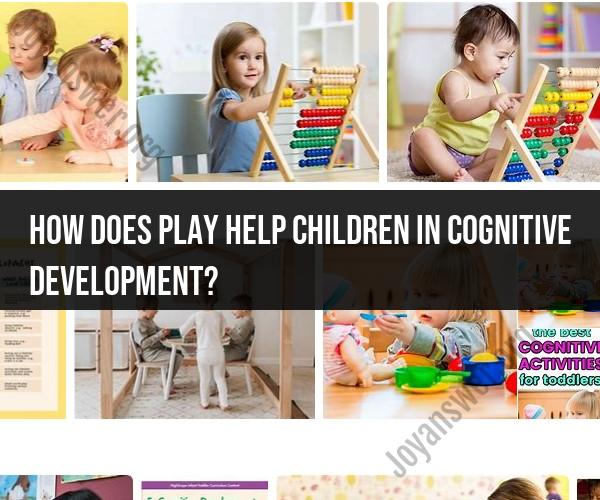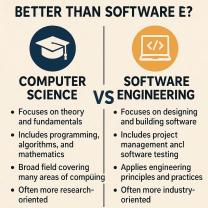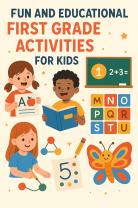How does play help children in cognitive development?
Play plays a vital role in the cognitive development of children and offers numerous benefits for their intellectual growth. Here's how play helps children in cognitive development:
Enhances Problem-Solving Skills: Play often involves solving problems, whether it's figuring out how to fit puzzle pieces together or strategizing in a pretend game. This promotes critical thinking and problem-solving skills as children learn to overcome challenges and find solutions.
Fosters Creativity: Play encourages imagination and creativity. When children engage in imaginative play, they invent scenarios, create stories, and explore new ideas. This imaginative thinking is essential for cognitive development and helps children think "outside the box."
Develops Memory Skills: Many play activities involve remembering rules, patterns, or sequences. Games like memory cards or storytelling require children to recall information, which strengthens memory skills.
Enhances Spatial Awareness: Building with blocks, constructing puzzles, and playing with spatial toys (like LEGO) improve spatial awareness and geometry skills. Children learn about shapes, sizes, and how objects fit together in space.
Boosts Language Development: Play often involves communication and language use. Whether it's chatting with peers during pretend play or discussing rules in a board game, children build their vocabulary and language skills through play.
Promotes Mathematical Understanding: Games involving counting, sorting, and measuring (e.g., playing store or cooking) introduce mathematical concepts to children. These activities lay the foundation for mathematical understanding.
Encourages Scientific Exploration: Curiosity-driven play, such as exploring nature, conducting simple experiments, or playing with science kits, fosters an interest in science and the scientific method.
Develops Executive Function Skills: Play helps children develop executive function skills, including self-control, planning, organization, and task-switching. These skills are crucial for later academic success.
Improves Attention and Concentration: Engaging in play requires sustained attention and concentration. As children focus on a task or game, they improve their attention span, which can benefit their learning in school.
Cultivates Social Skills: Many play activities are social in nature, involving cooperation, negotiation, and conflict resolution. Through play, children learn how to interact with peers, read social cues, and navigate social situations.
Enhances Fine and Gross Motor Skills: Play often involves physical activity, which contributes to the development of fine motor skills (e.g., drawing, threading beads) and gross motor skills (e.g., running, climbing).
Builds Curiosity and a Love for Learning: Play ignites children's curiosity and enthusiasm for learning. It encourages them to explore and discover, laying the foundation for a lifelong love of learning.
Reduces Stress and Anxiety: Play provides a safe and enjoyable outlet for children to express their emotions and reduce stress. Reduced stress levels can positively impact cognitive development and overall well-being.
In summary, play is a powerful tool for cognitive development in children. It promotes problem-solving, creativity, memory, language development, and a range of other cognitive skills. It's important for parents and educators to recognize the value of play in a child's intellectual growth and provide opportunities for both structured and unstructured play experiences.
Play and Cognitive Development in Children: The Connection
Play is essential for children's cognitive development. It is through play that children learn and explore the world around them. Play also helps children to develop important cognitive skills, such as problem-solving, creativity, and imagination.
Cognitive Growth Through Play: Benefits for Kids
Here are some of the benefits of play for children's cognitive development:
- Problem-solving: When children play, they are constantly faced with challenges that they need to solve. This helps them to develop their problem-solving skills.
- Creativity: Play allows children to be creative and to use their imaginations. This helps them to develop their creative thinking skills.
- Imagination: Play allows children to explore their imaginations and to create new worlds. This helps them to develop their imagination skills.
- Language development: Play helps children to develop their language skills by providing them with opportunities to communicate and to interact with others.
- Social skills: Play helps children to develop their social skills by providing them with opportunities to interact with others and to learn how to cooperate and work as a team.
Play-Based Learning: Fostering Cognitive Development in Children
Parents and caregivers can foster children's cognitive development through play by providing them with opportunities to play freely and to explore their environment. Parents and caregivers can also engage in play with their children by asking them questions and helping them to problem-solve.
Here are some tips for using play-based learning to foster cognitive development in children:
- Provide children with a variety of play materials. This could include toys, blocks, puzzles, art supplies, and outdoor play equipment.
- Encourage children to play freely and to explore their environment. Avoid directing their play too much.
- Engage in play with children. Ask them questions, help them to problem-solve, and join in on their fun.
- Create a safe and supportive environment for play. This means making sure that the play area is free of hazards and that children feel safe to explore and to be creative.
Play-based learning is an effective way to foster cognitive development in children. By providing children with opportunities to play freely and to explore their environment, parents and caregivers can help them to develop important cognitive skills, such as problem-solving, creativity, and imagination.













